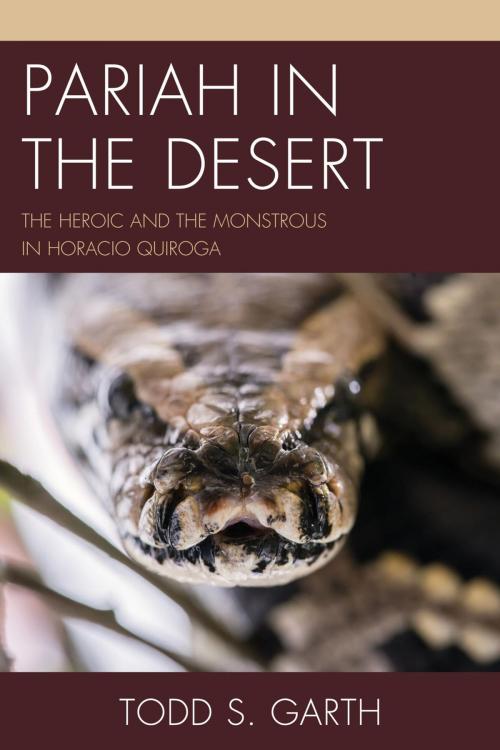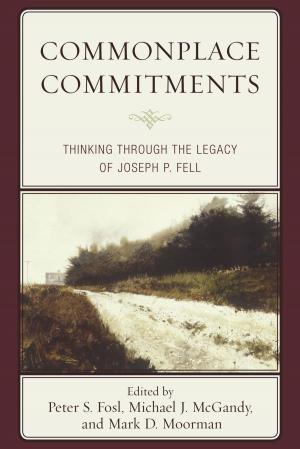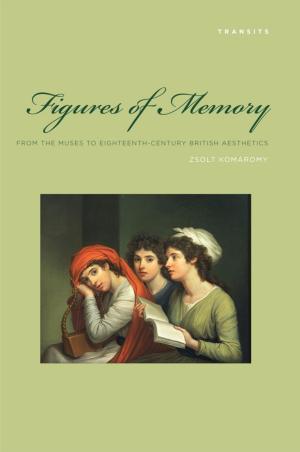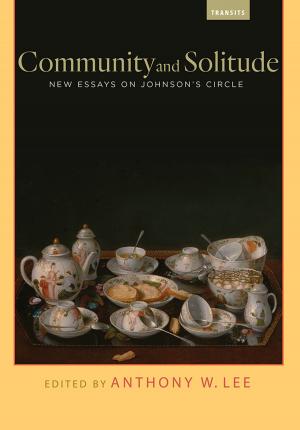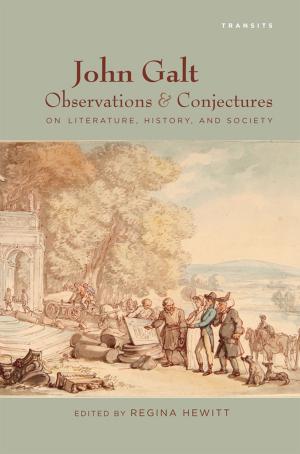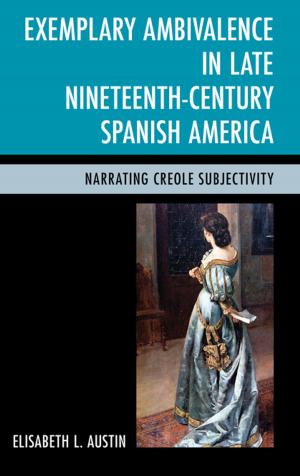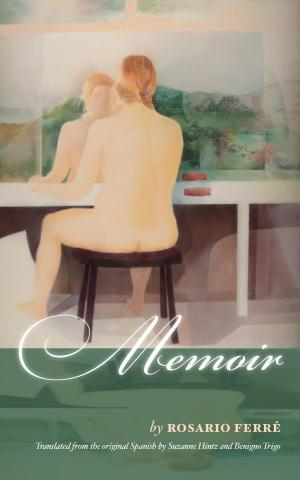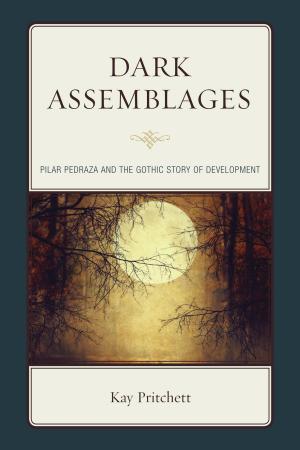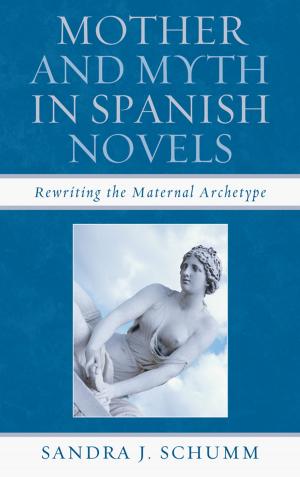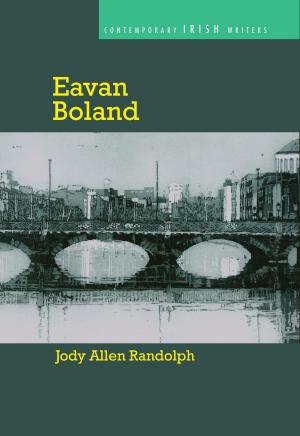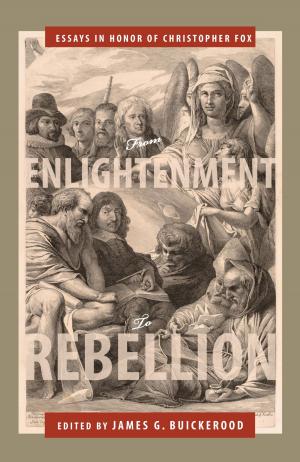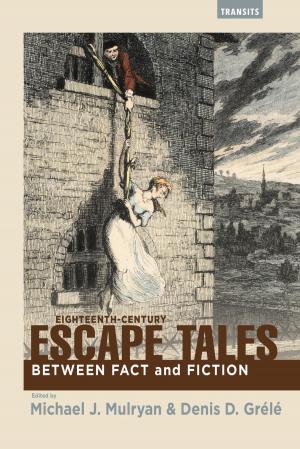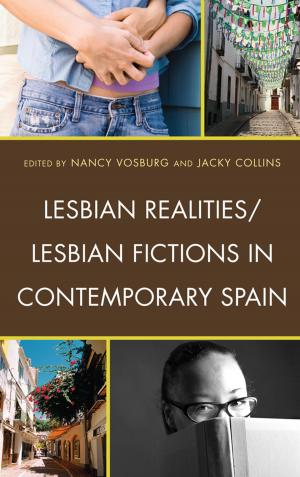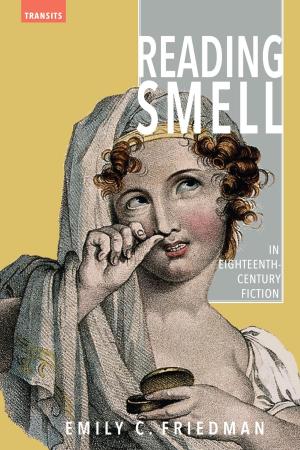Pariah in the Desert
The Heroic and the Monstrous in Horacio Quiroga
Fiction & Literature, Literary Theory & Criticism, Central & South American| Author: | Todd S. Garth | ISBN: | 9781611487688 |
| Publisher: | Bucknell University Press | Publication: | August 29, 2016 |
| Imprint: | Bucknell University Press | Language: | English |
| Author: | Todd S. Garth |
| ISBN: | 9781611487688 |
| Publisher: | Bucknell University Press |
| Publication: | August 29, 2016 |
| Imprint: | Bucknell University Press |
| Language: | English |
This is the first book in English on Horacio Quiroga (Uruguay 1878-Argentina 1937), a canonical author whose works are read by all advanced students of Spanish in the US and many other countries. The study examines Quiroga’s work through the theoretical lens of the heroic—a lens elaborated in part by means of Quiroga’s own disquisitions on the subject—and the complementary phenomenon of the monstrous. This lens serves to elucidate many evidently obscure and self-contradictory aspects of Quiroga’s work and its relation to the context in which he lived. That context included the neo-colonial social and economic milieu of Argentina’s fast-changing, immigrant-charged, increasingly materialistic society; the growing influence of foreign cultural discourses, particularly Hollywood film; the conflict between the genders in a society that embraced modernity but resisted changes in gender roles; the weight of new scientific discourses, especially Darwinian evolution, in social and political thought; and the impact on pedagogical theory and practice of these multiple changing discourses. This study discloses the extraordinary range of Quiroga’s work, which includes erotic romance, science fiction and fantasy, psychological occult, social satire, a great variety of juvenile literature, outdoor adventure and—most familiar to readers in the United States—gothic and naturalist horror. The book concludes that Quiroga’s consistent imperative of the heroic is essential to reconciling these various, evidently incompatible aspects of Quiroga’s poetics, revealing its theoretical and ethical coherence.
This is the first book in English on Horacio Quiroga (Uruguay 1878-Argentina 1937), a canonical author whose works are read by all advanced students of Spanish in the US and many other countries. The study examines Quiroga’s work through the theoretical lens of the heroic—a lens elaborated in part by means of Quiroga’s own disquisitions on the subject—and the complementary phenomenon of the monstrous. This lens serves to elucidate many evidently obscure and self-contradictory aspects of Quiroga’s work and its relation to the context in which he lived. That context included the neo-colonial social and economic milieu of Argentina’s fast-changing, immigrant-charged, increasingly materialistic society; the growing influence of foreign cultural discourses, particularly Hollywood film; the conflict between the genders in a society that embraced modernity but resisted changes in gender roles; the weight of new scientific discourses, especially Darwinian evolution, in social and political thought; and the impact on pedagogical theory and practice of these multiple changing discourses. This study discloses the extraordinary range of Quiroga’s work, which includes erotic romance, science fiction and fantasy, psychological occult, social satire, a great variety of juvenile literature, outdoor adventure and—most familiar to readers in the United States—gothic and naturalist horror. The book concludes that Quiroga’s consistent imperative of the heroic is essential to reconciling these various, evidently incompatible aspects of Quiroga’s poetics, revealing its theoretical and ethical coherence.
